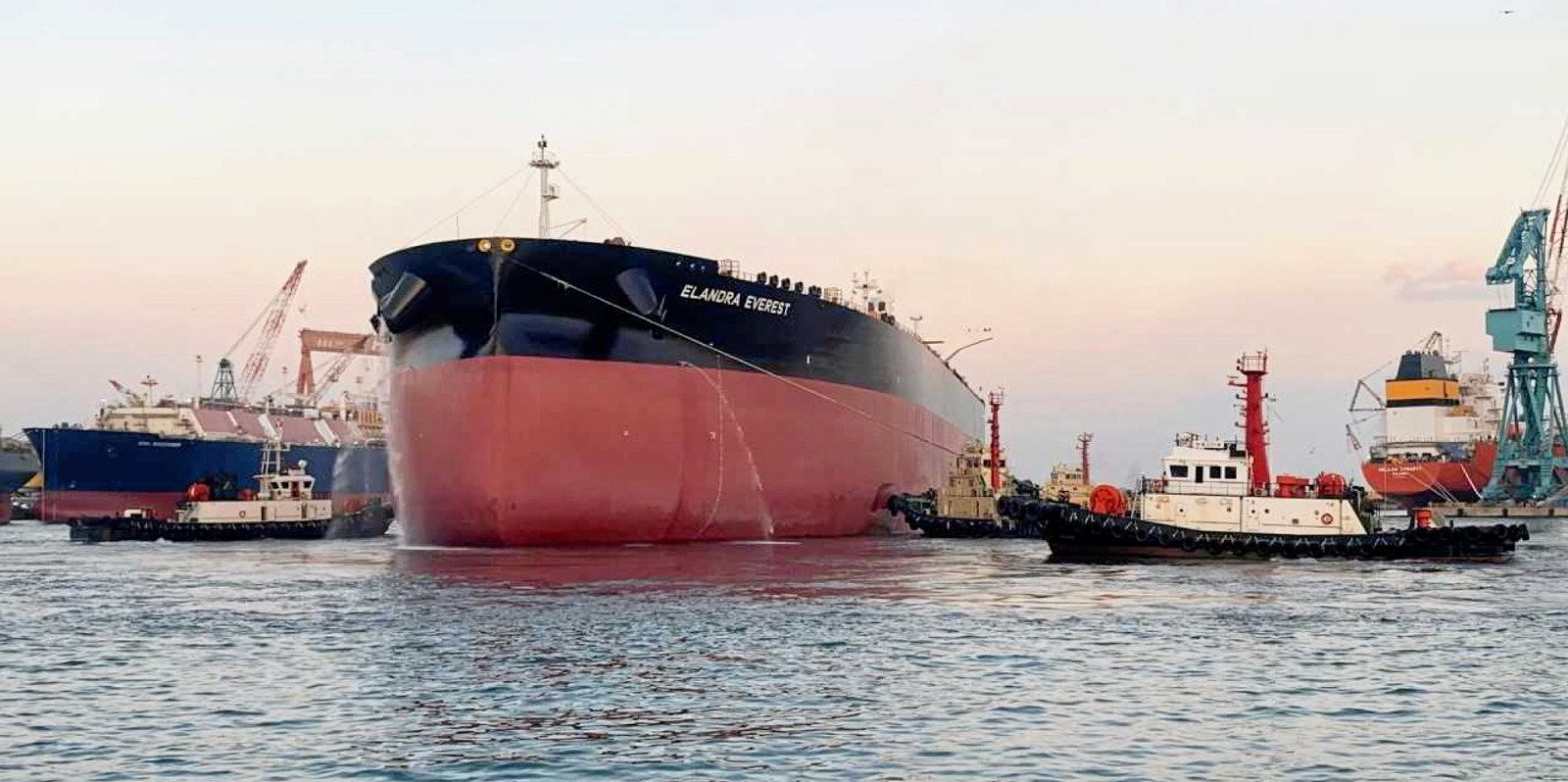Impatient owners are paying extra for secondhand tankers that can be put into service quickly.
Eva Tzima, head analyst at Greece’s Seaborne Shipbrokers, said Christmas has come early in the sector, where rates for crude carriers in particular have reached even more impressive levels than last week.
Modern ships fitted with scrubbers can earn more than $100,000 per day in the spot market.
“The steadily firm returns on the freight front have given another push to asset prices amidst intense investing interest in the secondhand market, where prospective buyers are passionately looking for prompt candidates,” Tzima added.
These ships are being marketed with significant premiums over those offering a later delivery, she explained.
“As long as investors can trade newly acquired tonnage for a good part of the winter season, they don’t even seem to mind bidding on candidates offered with their respective surveys due, convinced that the returns to be made [are] well worth the extra cost,” the analyst said.
Many purchase enquiries have now been covered on the crude side.
But a few new suezmax and VLCC sales candidates are still managing to attract interest.
A VLCC built in 2020 can now expect to fetch $112.5m, up $5m from last month.
If these tankers prove too expensive, owners are turning to coiled LR1 product carriers, Tzima believes.
Market thriving
Tanker markets are managing to thrive despite weaker demand from China, the world’s biggest crude importer.
Changing trade patterns following sanctions on Russian oil have resulted in longer haul routes and “way more lucrative” returns for shipping, the analyst argues.
Cheaper Russian oil seems to be taking bigger and bigger market share across countries that have not aligned with Western sanctions, Tzima said.
This is further increasing tonne-miles for tankers as the peak demand season approaches.
India’s imports from Iraq were reported to plunge to a 20-month low last month, as refiners there switched their attention to discounted Russian barrels.





